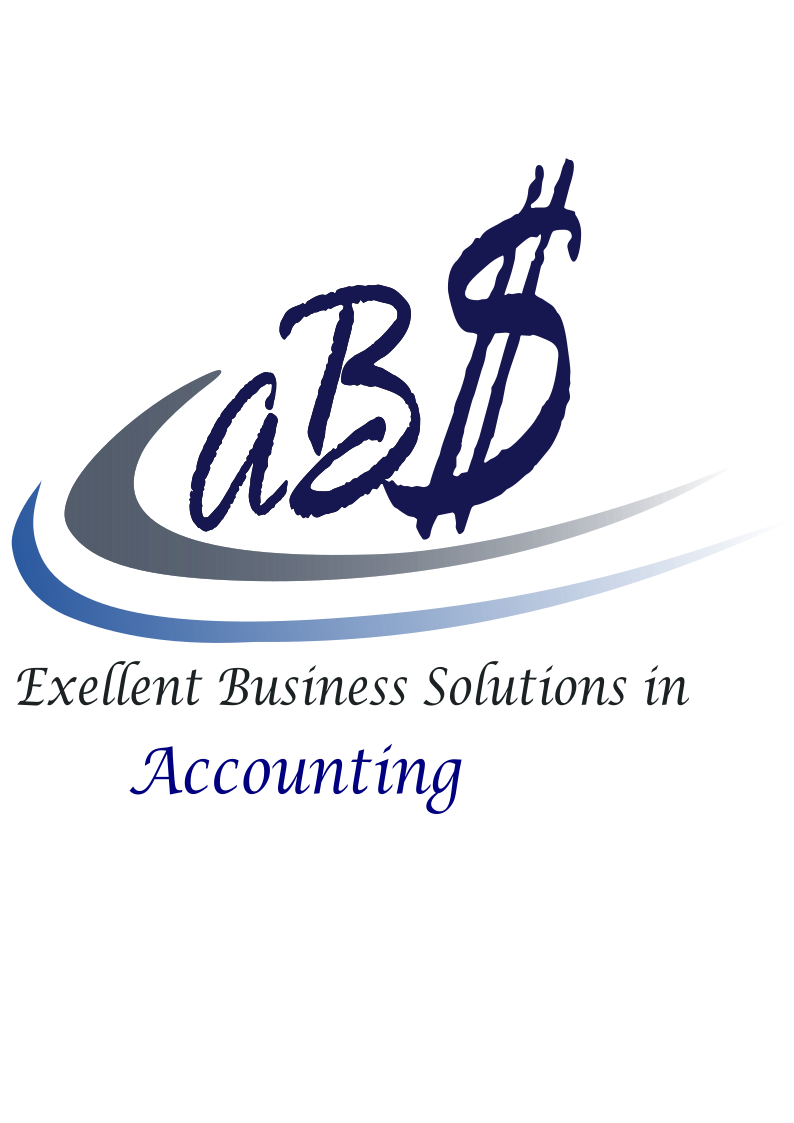TFSA - active business income or passive investment income?

Be cautious when using a TFSA, as you could potentially receive a tax bill for any active business income earned within it. The Tax Court of Canada has ruled that profits from a business involving the trading of qualified investments cannot be exempted within a Tax-Free Savings Account (TFSA).
Tax-Free Savings Account (TFSA) introduction:
The TFSA was introduced in the February 2008 Budget, with the legislative structure outlined in section 146.2 of the Act for the taxation years of 2009 and onwards. A TFSA functions as a savings account, allowing individuals to make yearly contributions and withdraw funds at any time for any reason. Typically, any income earned within a TFSA, including capital gains, is not subject to taxation, and distributions from a TFSA are tax-free.
A tax-free savings account provides a tax advantage in which any interest, dividends, capital gains, or other income that accumulates within the account is not subject to taxation.
The preferential tax treatment of a TFSA applies exclusively to the "qualified investments" held within the account. The definition of "qualified investments," as stated in the Income Tax Act, encompasses the following:
- money;
- certain securities that are listed on a designated stock exchange (shares of corporations, warrants and options);
- certain guaranteed investment certificates (GICs, and other deposits)
- certain investment contract (mutual funds and segregated funds, Canada Savings Bonds and provincial savings bonds, units of exchange-traded funds, and real estate investment trusts);
- certain debt obligations (debt obligations of a corporation listed on a designated stock exchange, debt obligations that have an investment-grade rating); and
- financial instruments (insured mortgages or hypothecs).
TFSA contributions are not deductible in computing an individual’s income for a taxation year. Paragraph 149(1)(u.2) of the Act provides that the taxable income of a trust governed by a TFSA is exempt from Part I tax however, subject to two exceptions. The exemption is lost if, at any time in the taxation year, the trust:
■ holds one or more properties that are non-qualified investments or
■ carries on one or more businesses.
If either or both exceptions apply, tax is payable by the TFSA trust on the amount that would be its taxable income for the taxation year if it had no income or loss from sources other than those properties (i.e., properties that are non‑qualified investments) or businesses, and no capital gains or capital losses other than from dispositions of those properties.
Case study (Canadian Western Trust Company as Trustee of the trader, 2023 TCC 17).
The Canada Revenue Agency evaluated the self-directed TFSA belonging to an professional investor and an investment advisor who actively traded qualified investments, particularly penny stocks listed on the TSX Venture Exchange.
The taxpayer opened a TFSA trust of which he was beneficiary and holder in 2009. Canadian Western Trust Company was trustee and issuer of the TFSA trust. It was a self‑directed TFSA trust, meaning that the taxpayer directed all purchases and sales of securities.
All securities purchased and sold by the TFSA trust were “qualified investments” within the meaning of subsection 207.01(1) of the Act.
Most were non-dividend paying and speculative in nature. The majority were penny stocks listed on the TSX Venture Exchange in the junior mining sector. The TFSA trust owned most of the shares for only a short period. The taxpayer capitalized the TFSA trust by making the maximum allowable contributions each year (15,000 in total).
At the end of 2012 the total value of the TFSA trust was $564,482.90. The TFSA trust sold its securities and transferred the proceeds of $547,788.83 to its holder, the taxpayer, in January 2013.
The Minister revised the taxpayer's tax for serval taxation years with the belief that the taxpayer conducted a business of trading qualified investments during each of those years. As a result, the income earned from this business activity during each of those years was subject to Part I tax under subsection 146.2(6) of the Act.
The evaluation deemed the net gains as income from conducting a business.
The court rejected the taxpayer's appeal regarding the assessment of their tax returns by the CRA. The appeals are dismissed with costs.
Appeal heard on December 12 - 15, 2022, at Vancouver, British Columbia.
SUMMARY AND CONCLUSION
The TFSA enables individuals to grow their investments without paying taxes on them. However, there are specific rules related to TFSA that individuals may not be aware of, which may result in a tax bill. It is crucial to understand these rules to avoid any unexpected tax charges.
If you have engaged in high-frequency trading of investments in your TFSA, or have done so in the past, and it appears to be an active business, the CRA may review your records and apply the business income treatment to your investments.
To avoid higher tax rates, it is recommended to use your TFSA solely for long-term investments and not engage in active trading of stocks within it, as it may be treated as business income.
Get in touch with me to discover strategies for optimizing your tax savings @ 604-727-1540

Disclaimer:
“Please note that the information provided in this article is of a general nature and may not be accurate for your specific situation. The information is current as of the date of posting and is not intended to provide legal advice. It's always recommended that you consult with a professional accountant and lawyer for personalized guidance and advice."



